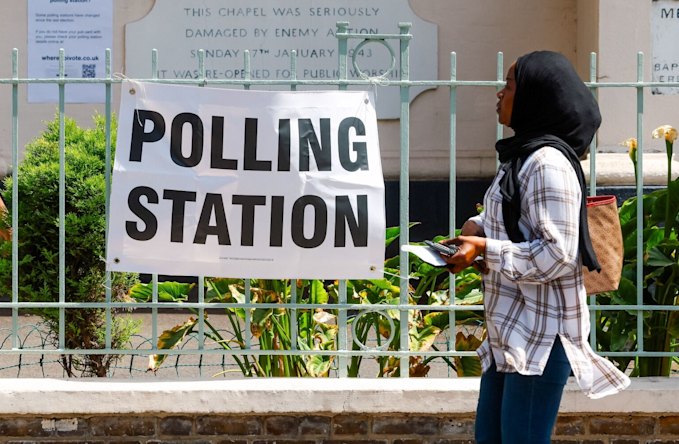
BREAKING: Britain has officially announced it will lower the voting age from 18 to 16 in a significant electoral reform aimed at boosting democratic participation. This decision, confirmed today by the government, will take effect before the next national election, which must occur by 2029.
This landmark move positions Britain alongside countries like Austria, Brazil, and Ecuador, which already permit 16-year-olds to vote. Scotland and Wales have successfully implemented this change for local and regional elections, and now the UK is set to follow suit.
The new policy is part of broader reforms intended to enhance electoral integrity. Democracy Minister Rushanara Ali emphasized that these changes will strengthen safeguards against foreign interference in British politics. Alongside lowering the voting age, the government will introduce tougher campaign financing rules to prevent shell companies from donating to political parties.
In a related announcement, the government will also implement automatic voter registration and permit voters to present bank cards as identification at polling stations. This is especially significant following the introduction of stringent photo ID requirements in 2022, which critics argue disenfranchised millions, particularly young and marginalized voters. The Electoral Commission estimates that approximately 750,000 people did not cast their votes in the last election due to lack of proper ID.
The urgency of this reform is underscored by the declining public trust in democratic processes, illustrated by a record low voter turnout of 59.7% in the 2024 election—the lowest in over two decades. Deputy Prime Minister Angela Rayner stated, “For too long, public trust in our democracy has been damaged. We are taking action to break down barriers to participation.”
The proposed measures, which must be approved by Parliament, have been hailed as the most significant reform to the UK electoral system since 1969, when the voting age was last changed. Harry Quilter-Pinner, of the Institute for Public Policy Research, described the reforms as crucial for ensuring that the voices of younger citizens are heard.
However, experts like Stuart Fox, a politics lecturer at the University of Exeter, caution that merely lowering the voting age may not suffice to increase youth engagement. Fox suggests that enhancing the citizenship curriculum and expanding volunteering programs in schools could be more effective solutions for encouraging young people, especially those from lower socioeconomic backgrounds, to participate in elections.
As Britain prepares for this transformative shift in its electoral landscape, all eyes will be on Parliament to see how these reforms are implemented. The decision to lower the voting age marks a pivotal moment in the UK’s political journey, aiming to engage younger voters and rejuvenate faith in democratic institutions.
Stay tuned for updates as this story develops and as Parliament debates the upcoming changes.






